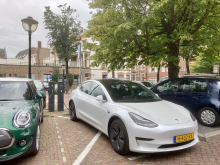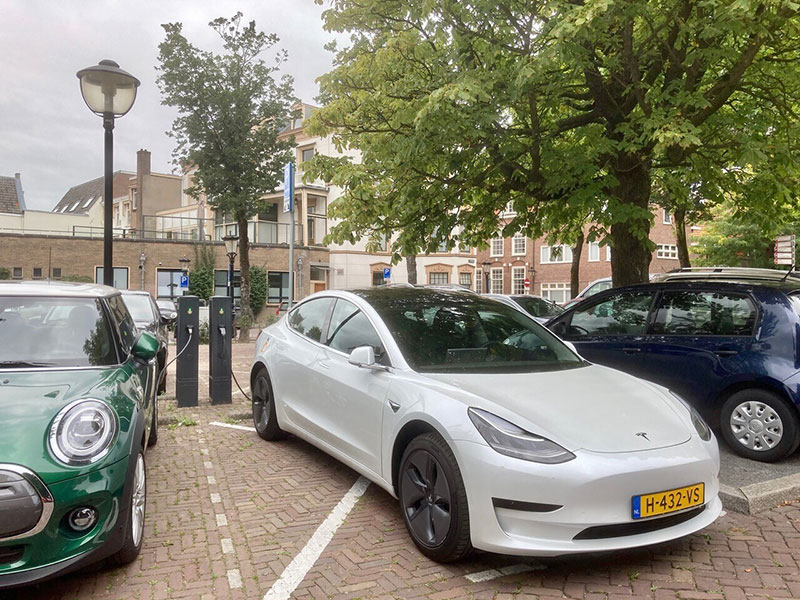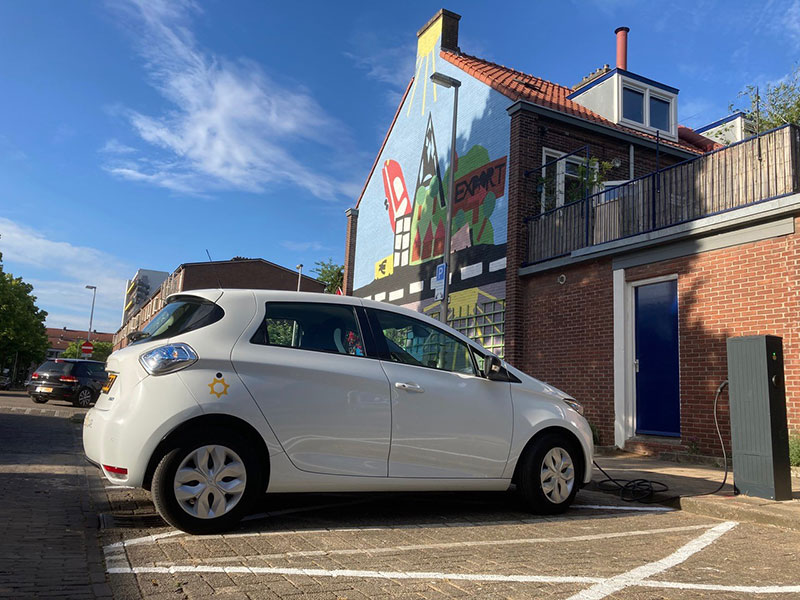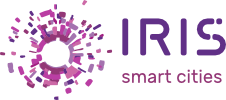
Utrecht has been pioneering the adoption of smart solar charging and IRIS has been delighted to be part of this story through our partners and demo sites. On 27 October 2020, their efforts pass a major milestone – installing the 300th Smart Solar Charging station.
Now, the FLEET Project is bringing a new partnership and technology to make charging even more efficient and beneficial for users and the environment. These stations charge cheaper, are more sustainable and faster with flexible rates from the grid operator and smart charging stations. They can charge electric vehicles with solar and wind energy and charge at the best time, for grid operator, climate and car driver.
Future-proof charging technology
Electric driving is on the rise. This growth will lead to peak loads on the electricity grid, for example when local residents charge their electric car simultaneously at six o’clock in the evening. Expanding the network seems the only solution, but this is expensive and drastic. Three hundred charging points in the city of Utrecht offer a solution. The FLEET project prepares the energy network for the future by charging outside peak times, with maximum use of solar and wind energy.
The smart charging system will start in early November 2020 at ten charging stations in the Lombok district. Over the next two years, the charging technology will be optimized and expanded to three hundred charging points in the municipality of Utrecht.
Avoid peak loads, drive more sustainably
Unique to FLEET is the active role of the network operator, who, together with the other project partners, is investigating the possibilities of flexible network tariffs for smart charging stations in Utrecht. When the grid is heavily loaded and there is little sustainable electricity, higher rates would apply. There are favourable network rates outside those peak times.
With the flexible grid tariffs, FLEET is testing the extent to which grid operators can reduce investments in grid reinforcement. The charging system reduces the peak load on the grid and reduces social costs. The Smart Solar Charging stations take the changing rates of the grid operator into account and choose cheap moments to charge. The charging speed is adjusted to this: slowly when the grid is busy, and extra fast outside peak times and when there is a lot of cheap solar power or wind power. If drivers want to charge faster during rush hours, they can activate this at any time via a QR code on the charging point.
The smart charging system benefits electric drivers. The charging points charge the cars more sustainably, using the power of the sun and wind. This often happens at times when this electricity is available more cheaply. Regular users of the Smart Solar Charging stations benefit from this.
Cooperation
FLEET is the next step in the development of the sustainable energy system Smart Solar Charging. Within FLEET, We Drive Solar, Stedin, ElaadNL Foundation, Utrecht University and the municipality of Utrecht are further developing the possibilities of smart charging under the leadership of the Utrecht Sustainability Institute. FLEET is implemented with a Top Sector Energy Subsidy from the Ministry of Economic Affairs and Climate.


27 Oct 2020

